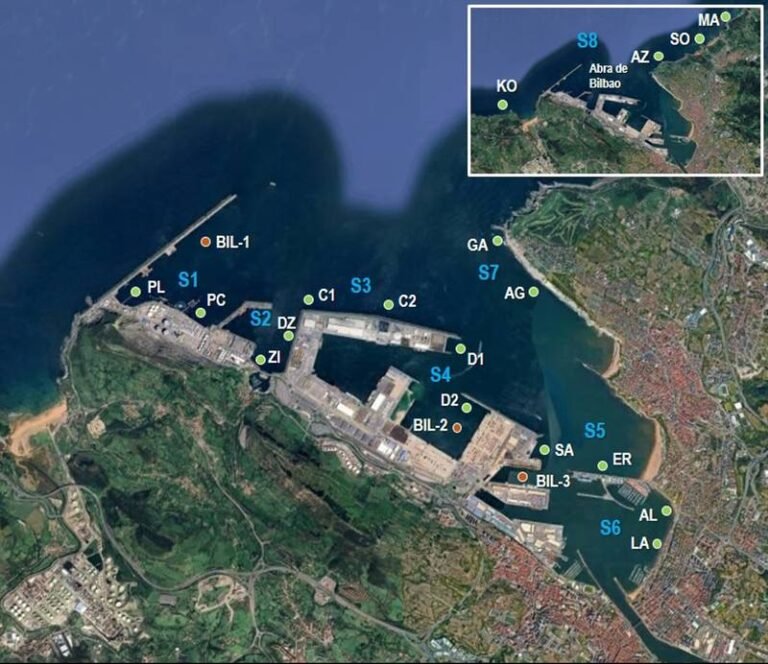The Bilbao Port Authority and University of the Basque Country Collaborate on Biomonitoring Plan
The Bilbao Port Authority and the University of the Basque Country have renewed their collaboration agreement to roll out the Biomonitoring Plan of the Port of Bilbao, which includes, for the first time, monitoring and surveillance of the phytoplankton community.
Long-Standing Collaboration
Since 1994, the Department of Plant Biology and Ecology and the Department of Zoology and Animal Cell Biology at the University of the Basque Country have provided technical assistance to the Bilbao Port Authority in implementing the Port’s Biomonitoring Plan. The new four-year contract is valued at USD$916,781 (€785,810).
Expanded Scope
The collaboration agreement includes monitoring the development of benthic communities in the outer harbor area, analyzing changes in flora and fauna, and assessing the physical and chemical characteristics of the water column. A new addition to the 2025-28 contract is the study of phytoplankton communities to understand their structure, dynamics, and potential harmful species.
Positive Trends
The results of the Biomonitoring Plan show a positive trend in the maturity of biological communities in recent years, indicating that expansion works and port activities have not had a widespread negative impact.
Monitoring Stations
The Biomonitoring Plan includes 21 monitoring stations, focusing on benthic communities and water column parameters in various sectors of the port area, as well as three stations dedicated to studying phytoplankton communities within the Port of Bilbao facilities.
Overall, the collaboration between the Bilbao Port Authority and the University of the Basque Country aims to provide a scientific basis for assessing the biological and physical-chemical status of the port ecosystem, ensuring environmental quality management and the protection of aquatic systems in the Port of Bilbao.

